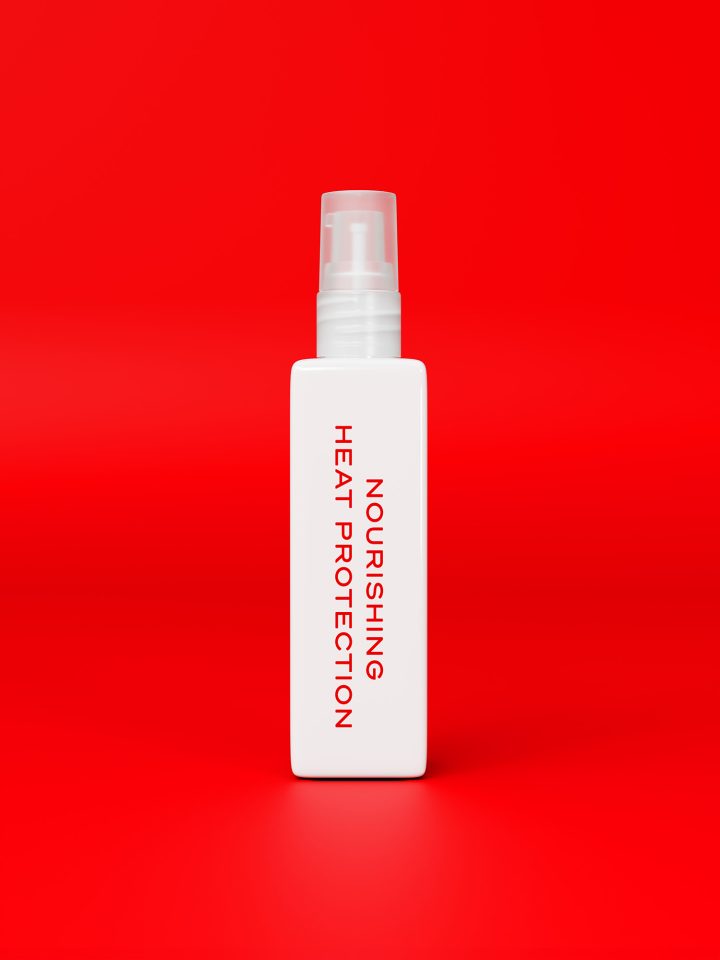Eczema is a common skin condition that can be both frustrating and distressing for sufferers. Characterized by red, scaly patches that are often itchy, splenic eczema can cause great discomfort. If you've ever struggled with an irritated scalp and scaly skin, you're not alone. But there is hope! With the right knowledge and products, you can treat dandruff effectively and regain a healthy and balanced scalp. In this article, we explore what dandruff is, its underlying causes, and how you can manage it by implementing a customized hair care routine.
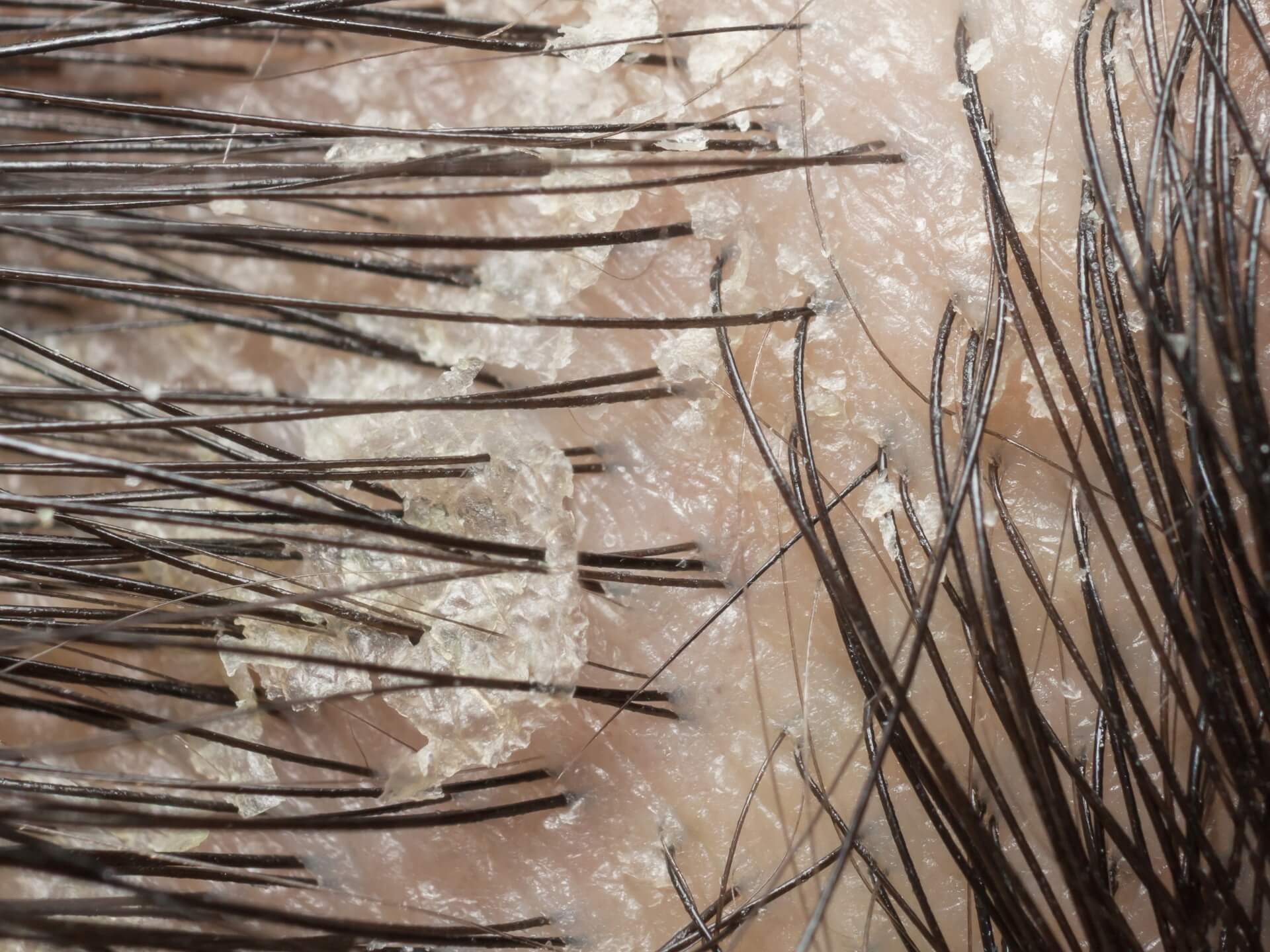
What is splenic eczema?
Eczema of the spleen, or seborrheic eczema as it is also known, is a chronic inflammatory skin disease that often affects areas with high sebum production, such as the scalp, face (especially around the nose, eyebrows and behind the ears) and upper body. It is a common form of eczema and can affect people of all ages, but is particularly common in adults aged between 30 and 60. Typical symptoms of splenic eczema include:
- Scaly skin: White or yellowish scales on the scalp that resemble dandruff.
- Redness and irritation: Inflammation can make the skin red and irritated.
- Itchy and sore scalp: Many people experience an unpleasant itch that can get worse with sweating or stress.
Symptoms tend to come and go, and they can worsen during winter when the air is drier. If left untreated, the condition can affect self-confidence and lead to avoidance of wearing dark clothes or putting up hair.
What causes splenic eczema?
Understanding the causes of splenic eczema is key to treating it effectively. Here are some of the main factors that may play a role:
- Overproduction of sebum: Seborrheic eczema is often linked to increased sebum production in the skin. When sebum mixes with dead skin cells, it can create an environment where the yeast Malassezia, normally found on the skin, can overgrow. This can lead to inflammation and eczema-like symptoms.
- Genetic factors: Genetics can also influence the risk of developing splenic eczema. If a close relative has the condition, you are more likely to get it too.
- Stress and hormonal changes: The body's stress levels and hormonal balance can affect the condition of the skin and worsen the symptoms of splenic eczema. For example, many people experience increased itching during stressful periods.
- Climate and environment: Cold and dry weather can worsen the symptoms of eczema, while warmer and more humid climates can relieve them. Low humidity dries out the skin, which can cause the sebaceous glands to produce more oil as a protective mechanism.
- Improper hair care: Using hair care products with harsh chemicals, such as sulphates and parabens, can aggravate irritation and dry out the scalp. It is therefore important to choose products that are free of these substances, especially if you have a sensitive scalp.
How to treat splenic eczema
Managing dandruff is all about creating a balanced hair care routine that soothes, moisturizes and cleanses the scalp. Here are some concrete steps you can take to treat and prevent dandruff effectively:
1. use a dandruff shampoo with soothing ingredients
To treat dandruff, it is crucial to use a shampoo designed to soothe and restore the balance of the scalp. Caring Shampoo from The Every is an excellent choice because it contains Piroctone Olamine, an active ingredient that fights yeast and reduces inflammation. The combination of hyaluronic acid and avocado oil moisturizes both hair and scalp, helping to counteract dryness and flaking. Use this shampoo regularly, preferably two to three times a week, for best results.
2. apply a moisturizing hair mask
A hair mask can do wonders for a dry and irritated scalp by providing intense hydration. Caring Masque It contains shea butter that deeply moisturizes the hair, as well as hyaluronic acid and avocado oil that nourish the scalp. By using the hair mask once a week, you get a hair care routine that not only strengthens the hair but also improves the health of the scalp.
3. Try a scalp scrub for a deep clean
Exfoliating the scalp with a scrub can be an effective way to remove dead skin cells, excess sebum and other impurities. Scalp Scrub from The Every is formulated with natural scrub particles that gently exfoliate the skin. It also contains aloe vera, which has soothing properties, and antioxidants from lime and green tea that protect the skin from external stresses. By using the scrub once a week, you can improve the health of your scalp and counteract the symptoms of splenic eczema.
4. moisturize with a nourishing scalp serum
After a deep cleansing scrub, it's good to apply a moisturizing serum that can help restore scalp balance. Scalp Food contains a powerful combination of yacon fruit, aloe vera and peptides that work together to reduce irritation and improve scalp elasticity. The serum is easily absorbed and can be used daily to provide long-lasting moisturization.
5. avoid hot showers and use mild hair care products
Hot showers can strip the natural oils from the scalp, exacerbating dryness and flaking. Instead, use lukewarm water and products that are free of harsh chemicals like sulfates and parabens. The Everys vegan products are developed to be gentle on sensitive scalps and are therefore an ideal choice for those who suffer from dandruff.
How to prevent splenic eczema: a simple guide
Preventing dandruff is all about maintaining a healthy scalp and minimizing potential triggers. Here are some practical tips to avoid relapses:
- Keep your scalp clean and moisturized: Wash your hair regularly, but not too often. A mild, moisturizing shampoo that Caring Shampoo keeps your scalp clean without drying it out.
- Avoid scratching your scalp: Even if it itches, the itching can make the eczema worse. Try to avoid scratching, and use a soothing serum like Scalp Food instead.
- Managing stress: Stress management is important as high stress levels can make symptoms worse. Try relaxation exercises such as yoga or meditation to reduce stress.
- Protect your scalp from cold and wind: During winter, it is good to wear a hat to protect your scalp from dry air and cold weather.
- Use the right products: Choose hair care products that are gentle and adapted for sensitive scalps, such as The Every's range of vegan and mild products.
Frequently asked questions about splenic eczema
Q: Can splenic eczema go away by itself?
A: Dandruff can sometimes clear up on its own, but it is usually recurrent and requires ongoing care to keep it under control. Regular use of dandruff shampoo can make a big difference.
Q: What are the best ingredients to look for in products for splenic eczema?
A: Ingredients such as Piroctone Olamine, salicylic acid, aloe vera and hyaluronic acid are effective because they can counteract both fungal growth and inflammation while moisturizing.
Q: Can stress cause dandruff?
A: Yes, stress is a common trigger for many skin problems, including splenic eczema. When the body is stressed, the skin's natural barrier and immune response are affected, which can worsen symptoms.
Q: How often should I wash my hair if I have dandruff?
A: Two to three times a week is usually enough to keep your scalp clean and free of excess sebum. It is important to use a mild shampoo, like Caring Shampoo, which does not dry out.
Q: Is splenic eczema contagious?
A: No, splenic eczema is not contagious. It is caused by an overreaction to yeast naturally present on the skin, and cannot be transmitted to other people.
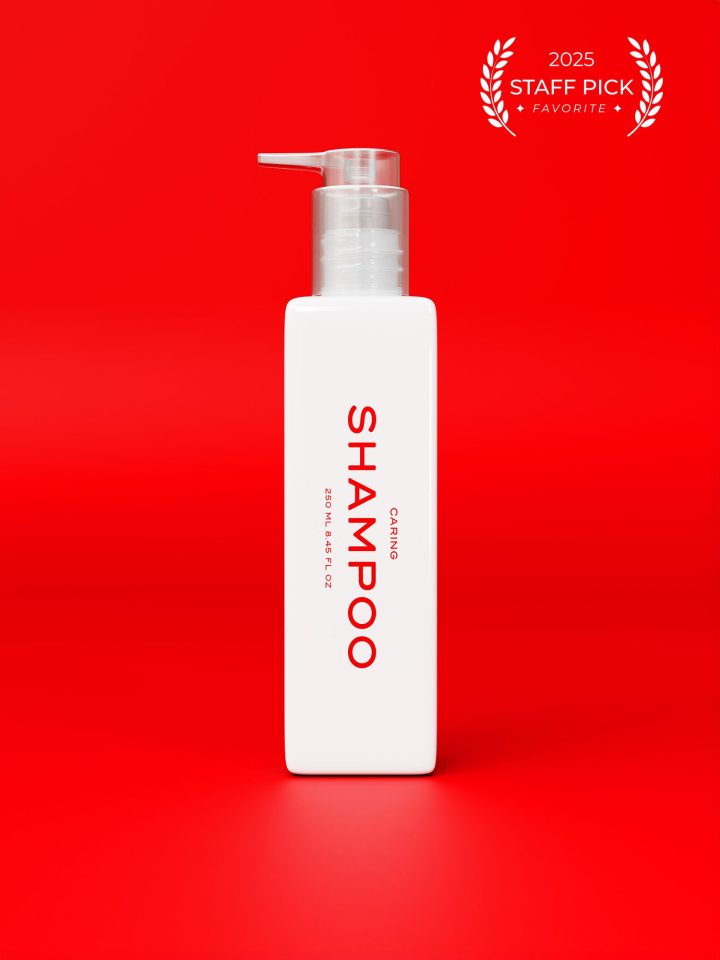
Caring Shampoo Gentle sulfate-free moisturizing shampoo 26,00 € - available on subscription from every 7 weeks
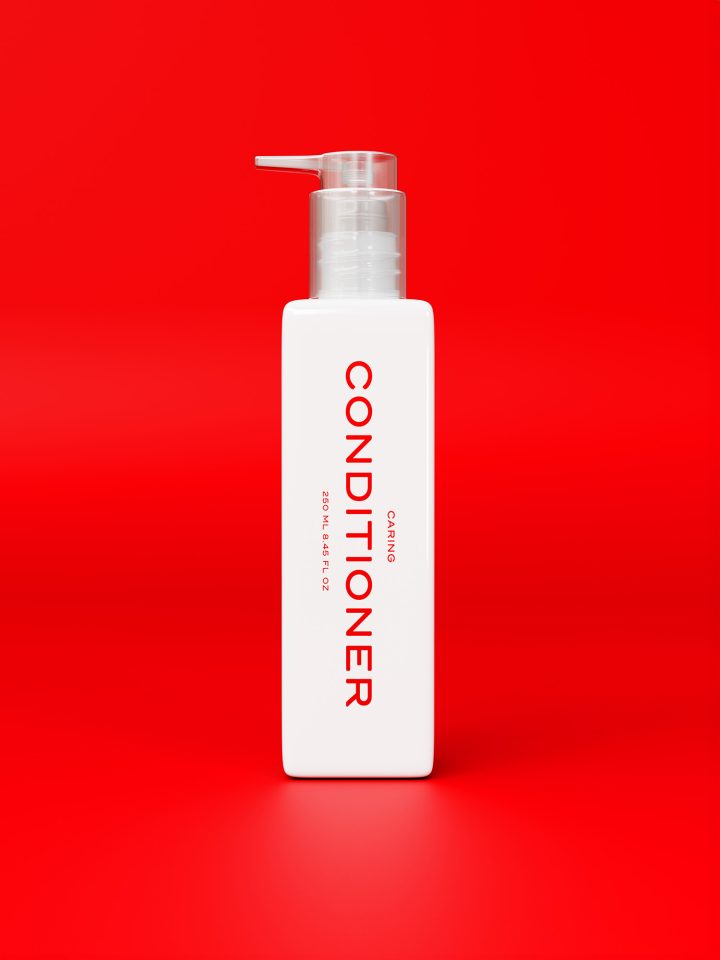
Caring Conditioner Gentle sulfate-free moisturizing conditioner 26,00 € - available on subscription from every 7 weeks
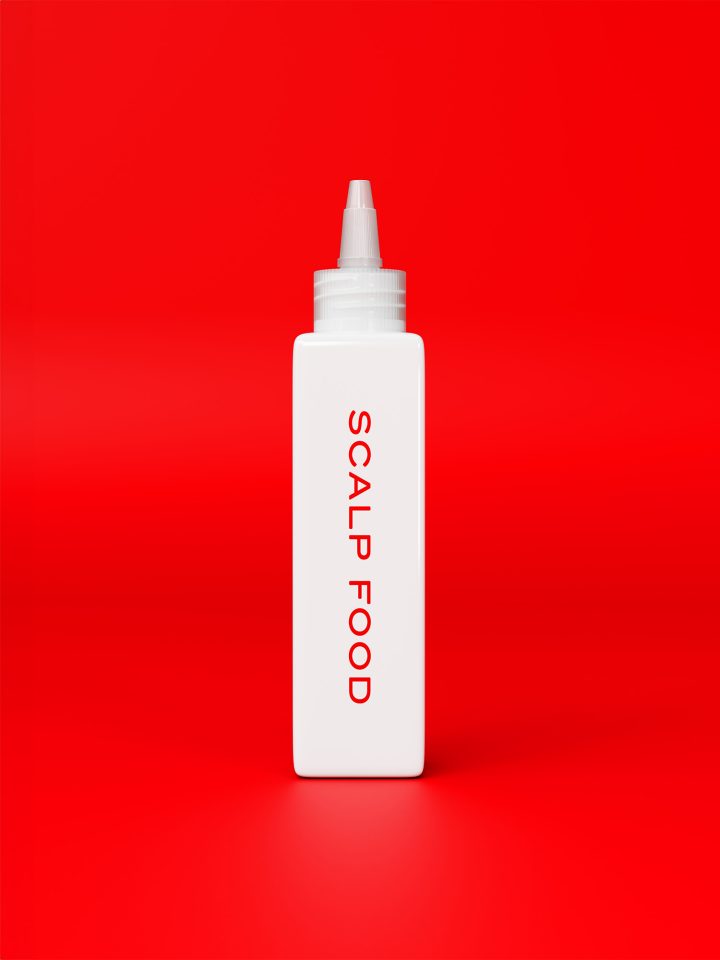
Scalp Food - Daily Serum Microbiome-strengthening, soothing scalp serum 45,00 € - available on subscription from every 7 weeks

Scalp Scrub Balancing exfoliating scalp scrub 39,50 € - available on subscription from every 10 weeks

Caring Masque Intensively nourishing hair mask with shea butter 35,00 € - available on subscription from every 10 weeks
